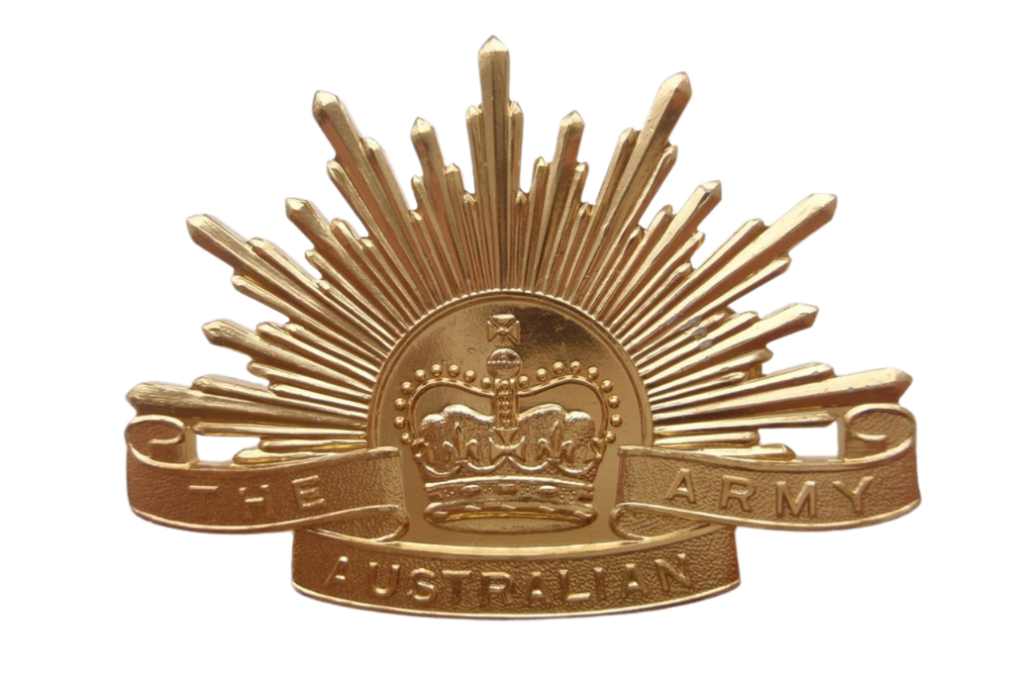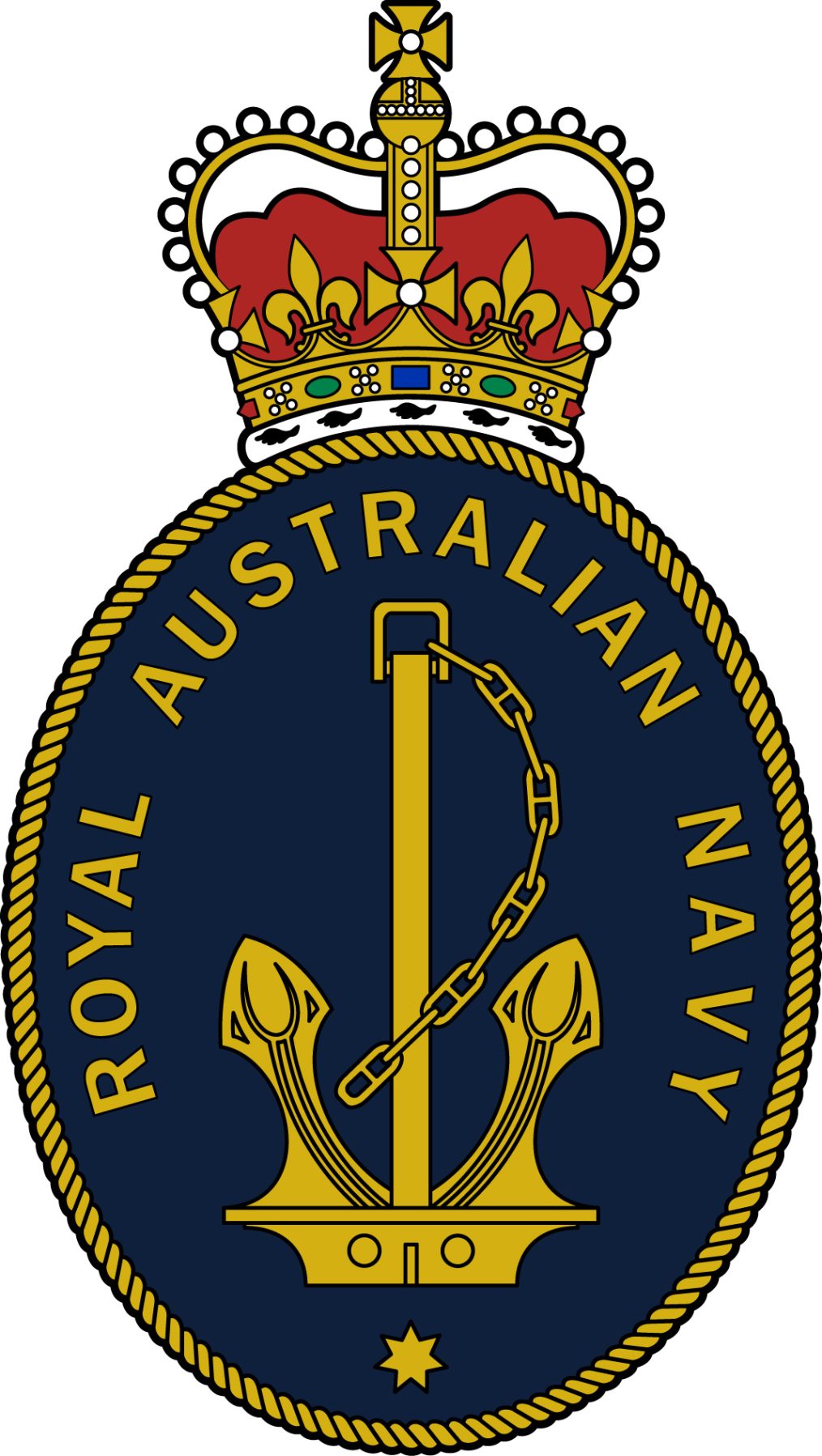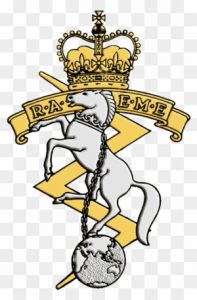Discover Australia’s cutting-edge military advancement with the Boxer Combat Reconnaissance Vehicle (CRV)! In this video, we delve into the pivotal role of the Boxer CRV in modernizing Australia’s Armoured Fighting Vehicle capability under LAND 400 Phase 2. Designed to enhance the safety, security, and protection of Australian troops, the Boxer CRV replaces the long-serving Australian Light Armoured Vehicle (ASLAV), providing heightened levels of protection, firepower, and mobility.
Listen to this ABC Radio interview it’s worthwhile
Watch as Able Seaman Morgan takes us on a tour of an Australian Navy submarine and shows us a sneak peek of life as a submariner.
Over the months of May and June, 37 children and grandchildren of Vietnam veterans were celebrated at ceremonies held across the country, as they were awarded as 2024 Long Tan Bursary (LTB) recipients.
The table below shows the breakdown of recipients across the country, who each will receive up to $12,000, over three years to help with tertiary education expenses.
| 2024 LTB Recipients | NSW | VIC | QLD | SA | WA | TAS | NT | ACT | TOTAL |
| 7 | 5 | 14 | 1 | 7 | 1 | 0 | 2 | 37 |
Established more than 20 years ago, the LTB is named after the Battle of Long Tan, which is the best-known battle fought by Australians during the Vietnam War. The bursary has supported 967 children and grandchildren of Vietnam veterans’ to further their education by providing monetary assistance towards tertiary education expenses.
Financial aid provided by the LTB has helped produce doctors, teachers, lawyers, artists, mechanics and many other professions, all have gone on to make valuable contributions to their community and our country. 2024 recipients chosen fields of study include an impressive array of commerce, psychology, law, medicine/surgery, teaching, science and occupational therapy and more.
Vietnam veterans were instrumental in setting up the Long Tan Bursary to provide the children and grandchildren of Vietnam veterans support for the cost of tertiary education, and help them follow their dreams. Applications for the 2025 Long Tan Bursary will open on Vietnam Veterans’ Day, 18 August 2024.
More information dva.gov.au/about-us/overview/consultations-and-grants/grants-and-bursaries/long-tan-bursary
We extend our congratulations to all of the 2024 LTB recipients.
Ray Payne OAM- 20/06/2024
Australia stands at a crossroads. With the recent unveiling of the Coalition’s plans for nuclear power generation by Peter Dutton, it’s clear that we need to confront the reality of our energy future head-on. It’s time for Australians to take charge and demand a plebiscite on this critical issue in conjunction with the next federal election. The question is straightforward: should Australia embrace nuclear power to replace fossil fuels in electricity generation? Yes or No.
It is baffling that despite our nation’s impressive educational achievements, we have yet to harness the potential of nuclear energy. The first nuclear fission powerhouses, submarines, and ships were developed many years ago. Today, there are hundreds of nuclear power generators worldwide, yet none in Australia. Why? The answer lies in decades of misinformation and a lack of public understanding.
Many of our tertiary-educated professionals seem to have missed the fundamental principles of nuclear power. This energy source, utilized safely and efficiently by numerous countries, remains off-limits in Australia due to outdated fears and political inertia. It’s time for a change.
The Australian people deserve the right to decide their energy future. We must move beyond the political games and let the public have a say. A plebiscite offers a democratic solution, allowing every Australian to voice their opinion on whether nuclear power should be part of our energy mix. This decision should not be left to a select few in Canberra but should be made by the millions who will be directly impacted by it.
For too long, Australians have been subjected to half a century of biased rhetoric against nuclear power. It’s time to cut through the noise and make an informed decision based on facts, not fear. We need reliable, affordable, and continuous baseload power to maintain our status as a first-world nation. Renewable energy sources, while important, cannot alone meet these needs. Without a strong energy foundation, we risk slipping into second-world status, dependent on imports for basic necessities and unable to support robust heavy industries.
Our predecessors have worked hard to build a prosperous nation, and we owe it to them and future generations to make wise energy choices. Let us not squander their legacy by shying away from the nuclear option without due consideration.
As we approach the next federal election, let’s demand a plebiscite on nuclear power. This issue is far more critical to our nation’s future than the divisive Voice Referendum of 2023. It’s about securing a sustainable, prosperous future for all Australians.
So, let’s put it to a vote. Let the people decide whether nuclear power should be a part of Australia’s energy strategy. It’s time to end the political posturing and let common sense prevail. Australia, it’s your future – make your voice heard!
Note: you are welcome to share this if you wish.
Israel is on high alert as the threat of an “all-out war” with Hezbollah intensifies, according to a stark warning from Israel’s foreign minister.
Alarm Raised:
- Israel’s top diplomat has issued a serious warning about Hezbollah’s activities. The group has released videos allegedly showing Israeli military sites, prompting a severe reaction from Israel.
- The footage, pending verification, reportedly displays missile storage and military warehouses, indicating a potential breach of Israeli airspace.
Conflict Escalation:
- Daily clashes between Israeli forces and Hezbollah are escalating, creating a perilous situation that could spiral into a full-scale war if de-escalation does not occur soon.
- The Israeli government is attempting to evacuate 80,000 people from the northern region near the Lebanese border amid ongoing rocket attacks, complicating efforts to ensure their safety.
- Some Israeli officials believe that a ground invasion of Lebanon might be necessary to restore order and allow displaced residents to return safely.
Hezbollah’s Retaliation:
- Since October 8, following a major attack by Hamas, Hezbollah has been retaliating against Israeli targets.
- The situation intensified further after Israel eliminated one of Hezbollah’s key commanders, Taleb Abdullah, leading to heightened retaliatory actions from the group. This cycle of tit-for-tat attacks is dangerously escalating the conflict.
When an unexpected staff shortage left 7th Signal Regiment workshops without an artificer sergeant major (ASM) in June 2022, Sergeant Leighton Wilson was the only one capable of filling the position.
With a small crew and a significant backlog of work, Sergeant Wilson took over the workshop to ensure the unit’s fleet of protected mobility electronic warfare vehicles were kept running.
By using part-time soldiers to supplement the full-time tradesmen, the team cut their backlog in half over six months, with Sergeant Wilson floating between administration and on the tools to help out.
“I was doing corporal through to ASM jobs, just trying to get as much production out of a very small crew, but trying not to burn them out,” Sergeant Wilson said.
“I’d decided to take on most of the burden myself, and protect the workshop members. To put it into perspective, I was coming to work and going home in the dark.”
Sergeant Wilson also leveraged support from the local Capability Sustainment and Acquisition Group workshop, as well as Thales, to assist with the workload.
During this period, a significant maintenance issue was identified on the protected mobility electronic warfare vehicles’ ancillary power units.
After some investigation, Sergeant Wilson was approved to run trials and recommended changing the maintenance regime.
Sergeant Wilson remained in the position until the end of 2022, when a new artificer sergeant major and platoon commander marched into the unit.
“It was a good experience. I’m someone who likes to work, and being given a bit of free rein by the CO (Commanding Officer) to run the workshop and do what needed to be done was quite good,” he said.
For his efforts, Sergeant Wilson was awarded a Conspicuous Service Medal as part of the 2024 King’s Birthday Honours.
Although he felt he was only doing his job and wasn’t expecting a nomination, Sergeant Wilson said it was good to be recognised.
“It’s impressed a few people, to do the job to the standard that we did and achieve all the required maintenance we needed to for the year and with no real hiccups,” he said.
“You often feel like you go around the same old tree over and over again, and no one seems to notice. But when you get the recognition, it is quite a proud moment.”
California-based energy expert Michael Shellenberger argues that the media’s portrayal of the planet’s health is misleading, citing significant declines in natural disasters and related deaths over the past decades. Speaking at the Alliance for Responsible Citizenship (ARC) Conference in London, Shellenberger described the lack of accurate reporting as “one of the worst cases of climate misinformation and disinformation.”
High Energy Societies as a Solution
Shellenberger advocates for increased energy consumption to protect the environment, promoting a “pro-human vision” that includes “energy abundance, unlocking prosperity, and environmental progress.” He argued that conserving nature requires substitutes for natural resources, achieved through intensified energy consumption. “We save nature by using more energy so that we can produce more food on less land and return our farmed areas to grasses and forests,” he explained.
Energy advancements have lifted many people out of poverty and reduced land use for food production by over 60 percent since 1960, benefiting endangered species. “There is no rich low-energy country just as there is no poor high-energy one,” Shellenberger said. He identified nuclear energy as the “safest, cleanest” source, requiring significantly less land compared to solar and wind energy.
Shellenberger criticized Germany’s approach to reducing energy consumption, arguing that increasing gas consumption would effectively reduce coal use. “If you want to increase your carbon emissions, shut down your nuclear plants and follow the example of Germany,” he warned.
Challenges with Renewable Energy
Shellenberger also contended that the costs of renewable energy increase as their use scales up. He pointed out that the value of wind and solar energy decreases significantly when they make up a larger portion of an electricity grid. He argued that renewable energy’s advocates often overlook the costs of necessary infrastructure such as transmission lines and storage. “The more renewable you have, the higher the cost of your electricity,” he stated.
He also criticized the ethics of relying on solar panels produced by persecuted minorities in concentration camps, calling for an end to such practices.
Climate Change as a Modern Religion
Shellenberger suggested that the fervour of the climate change movement stems from the rise of atheism and secularization, drawing parallels between the climate change narrative and religious beliefs. “If we don’t have a God to believe, and if we don’t have a religion, we will create one, consciously or unconsciously, and that’s what’s occurred,” he concluded.










